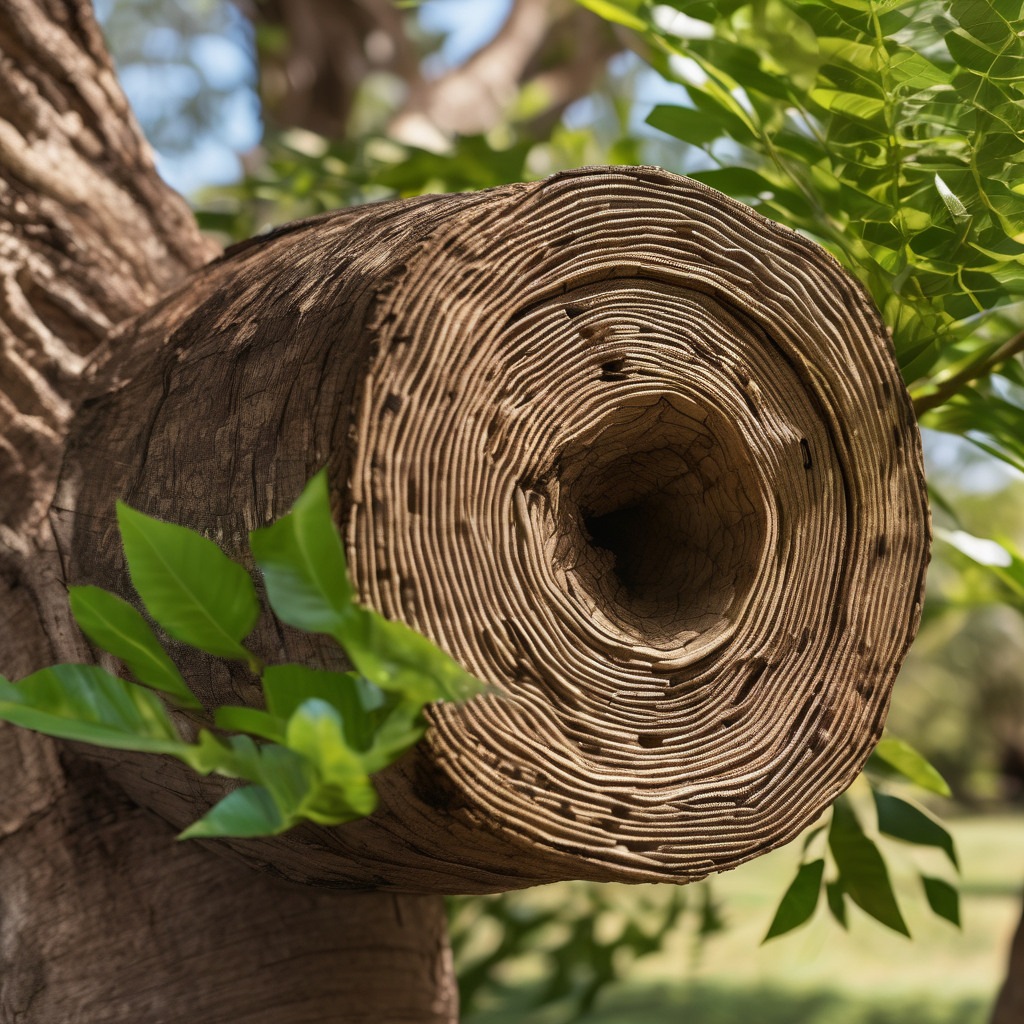Fiji’s sandalwood industry is experiencing significant growth, with exports surpassing 150,000 kilograms between 2010 and 2022, earning an impressive $F12 million. Minister for Fisheries and Forestry, Alitia Bainivalu, recently highlighted this development during a parliamentary session, asserting that sandalwood, also known as yasi, continues to be a pivotal non-timber forest product for the nation.
Bainivalu reported that local communities and private landowners have successfully planted over 2,000 hectares of sandalwood, with an escalating interest from the public contributing to the expansion each year. Innovations in cultivation techniques have made sandalwood a viable option for integrated farming alongside various crops, thus enhancing its sustainability and profitability.
Beyond sandalwood, Bainivalu noted that other non-timber forest products, including bamboo, candlenut, and agarwood, are gaining traction in the market. Bamboo, in particular, is being promoted for its versatility and rapid growth rate, making it an eco-friendly material for construction and crafts. Meanwhile, natural oils from candlenut and dilo are increasingly sought after in the cosmetics industry, creating further economic opportunities for rural communities.
Despite this positive outlook, Bainivalu pointed out some critical challenges facing non-timber forest products. The absence of a national inventory and inadequate processing facilities limit the industry’s potential. More robust policy frameworks and community engagement strategies are necessary to ensure sustainable product management and marketing.
In terms of market potential, sandalwood oil is now fetching up to $US2,000 per kilogram, while agarwood, known for its high demand, can reach prices of $US10,000 per kilogram if properly developed. These lucrative opportunities present hope for the future of Fiji’s non-timber forest sector.
To further bolster this industry, the Ministry of Forestry is committed to expanding its focus on non-timber forest products, alongside traditional timber products. The current legislative framework, which lightly addresses non-timber forest products, is being reviewed, with plans to introduce the new Forest Bill by November 2025. This proactive approach signals a promising future for the sandalwood industry and other non-timber forest products in Fiji, aligning with global sustainability trends while also enhancing local livelihoods.
